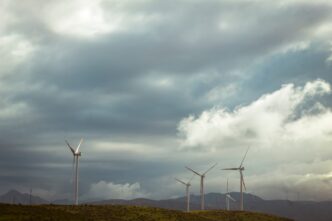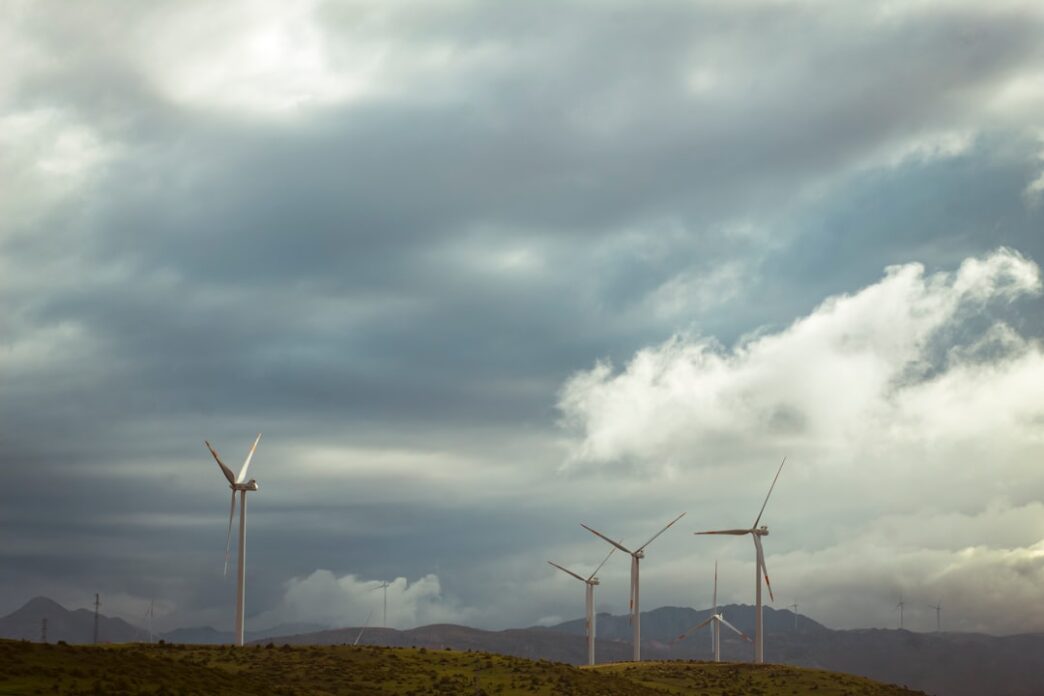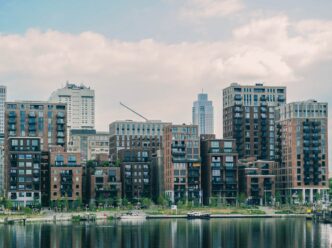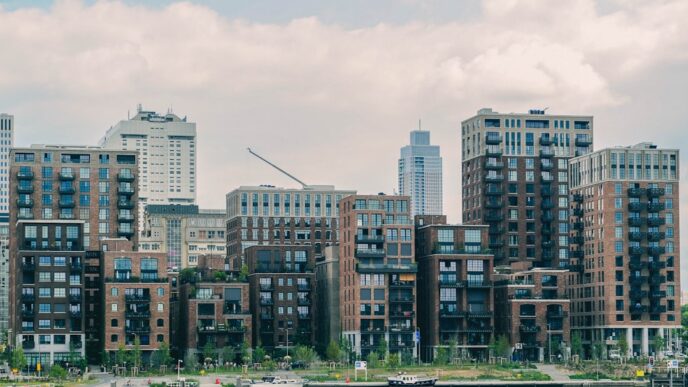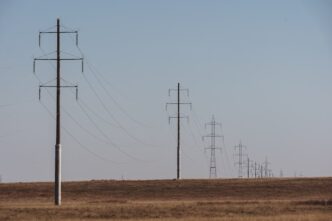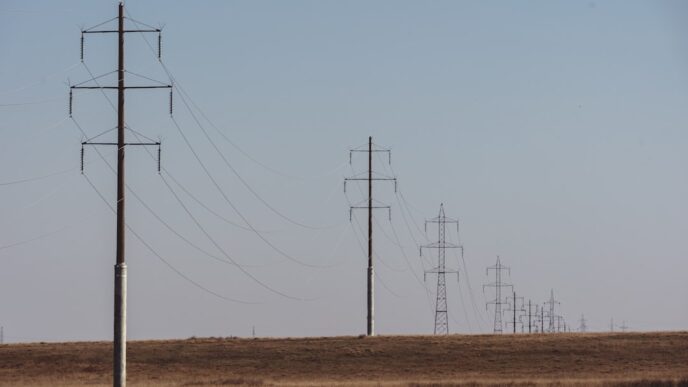In recent years, the relationship between economic growth and environmental sustainability has become increasingly contentious, often described as a paradox. The traditional view posits that economic growth, measured by increases in Gross Domestic Product (GDP), inherently leads to environmental degradation. However, emerging frameworks suggest that it is possible to achieve economic expansion while promoting sustainability. This article explores this paradox, examining the implications for policymakers and the broader global economy.
Economic growth has long been a fundamental goal for nations, as it is associated with improved living standards, job creation, and increased public revenues. Yet, the environmental costs associated with growth—such as air and water pollution, deforestation, and the depletion of natural resources—have raised significant concerns. A report by the United Nations indicates that without urgent measures, the adverse effects of climate change could reverse decades of development gains, particularly in developing nations.
The concept of “decoupling” has emerged as a potential solution to this dilemma. Decoupling refers to the ability of an economy to grow without a corresponding increase in environmental pressures. It suggests that through innovation in technology and improvements in efficiency, economic growth can occur alongside reduced environmental impact. For instance, advancements in renewable energy technologies, such as solar and wind, provide alternative energy sources that minimize carbon emissions, allowing nations to grow economically while reducing their carbon footprint.
One clear example of successful decoupling can be seen in countries that have invested significantly in green technologies. Denmark, for instance, has achieved a substantial reduction in greenhouse gas emissions since the 1990s while simultaneously boosting its GDP. The Danes have implemented policies that promote wind energy, energy efficiency, and sustainable agricultural practices, showcasing how a green economy can support robust economic growth.
However, decoupling is not without its challenges. The transition to a green economy requires substantial investment in research and development, infrastructure, and education, which can strain public finances. This is where the role of government becomes critical. Policymakers must create an enabling environment that encourages businesses and individuals to invest in sustainable practices. This could involve incentives for renewable energy adoption, carbon pricing mechanisms, and strict regulations on pollution.
Moreover, the global nature of environmental issues means that solutions must be coordinated internationally. The Paris Agreement exemplifies a collective effort to curb greenhouse gas emissions among nations, underscoring the need for cooperative action. However, achieving consensus on environmental standards and commitments remains a significant challenge, especially when economic interests diverge.
Furthermore, the potential for economic inequality to exacerbate environmental challenges cannot be overlooked. Wealthier nations often bear a larger share of the environmental burdens, yet poorer nations—those least equipped to adapt—are disproportionately affected by climate change. This inequality poses both ethical and economic dilemmas that challenge the principle of fair global responsibility. Addressing these disparities is crucial for ensuring that sustainability efforts do not exacerbate existing economic inequalities.
In conclusion, the paradox of economic growth and environmental sustainability presents both significant challenges and opportunities for the global economy. The path forward lies in embracing innovative technologies, enacting supportive policies, and fostering international cooperation. While the journey toward a sustainable future may be fraught with obstacles, it is essential for ensuring the long-term viability of both our environment and our economies. As the world grapples with the realities of climate change, the need for a paradigm shift towards an inclusive green economy has never been more urgent. By aligning economic incentives with environmental stewardship, we can pave the way toward a resilient and sustainable global future.
